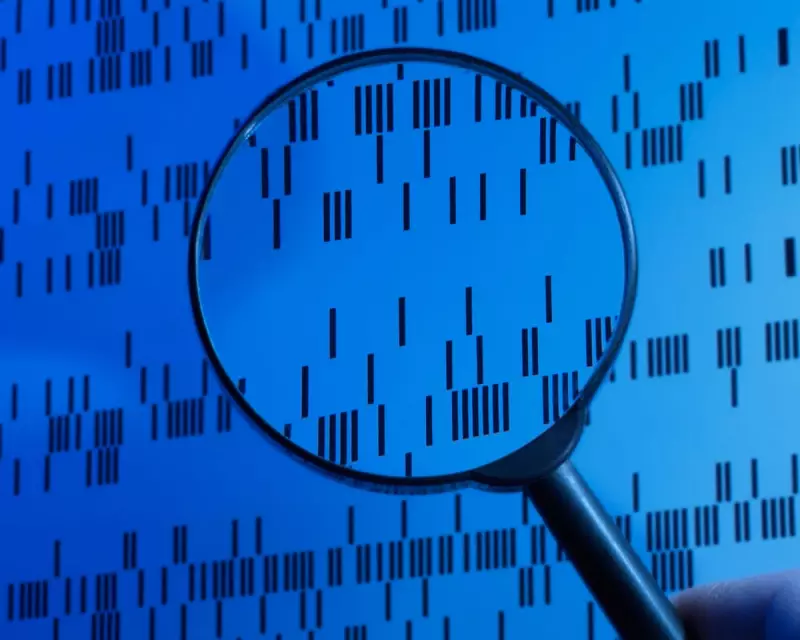
In a landmark study that could reshape our understanding of mental health, scientists have identified compelling genetic evidence explaining why women experience depression at nearly twice the rate of men. The research, published this week, reveals that women carry a higher genetic burden for the condition.
The Genetic Divide in Mental Health
The comprehensive analysis examined genetic data from over 300,000 individuals, uncovering distinct biological mechanisms that contribute to depression risk across genders. Women were found to possess a significantly higher number of genetic variants associated with depression susceptibility, providing the first concrete biological explanation for the long-observed gender disparity in depression rates.
Key Findings That Change the Conversation
- Women inherit approximately 30% more depression-related genetic risk factors than men
- Specific gene clusters on the X chromosome show stronger association with depression in women
- Hormonal pathways interact differently with depression genes in female biology
- The research challenges purely social explanations for gender differences in depression
Beyond Social Factors: The Biological Reality
While environmental and social factors certainly play a role in depression, this study demonstrates that biological differences create a fundamental predisposition that cannot be ignored. The findings help explain why women consistently show higher depression rates across different cultures and societies worldwide.
Implications for Treatment and Prevention
This breakthrough research opens new avenues for gender-specific approaches to mental healthcare. Understanding the distinct genetic architecture of depression in women could lead to:
- More targeted medications that account for biological differences
- Improved early intervention strategies for at-risk individuals
- Better recognition of depression symptoms in clinical settings
- Reduced stigma by acknowledging depression as a biological condition
The study represents a significant step toward personalised mental healthcare, where treatment approaches can be tailored to an individual's specific genetic makeup and biological characteristics.





